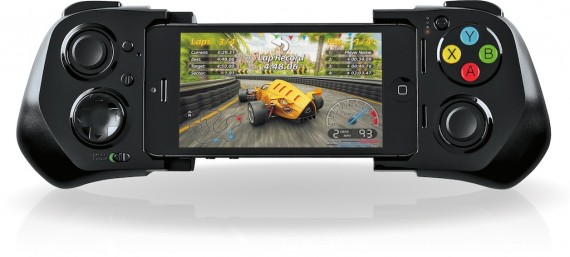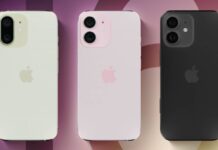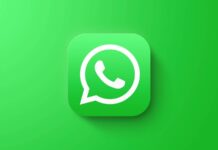Over the last few months we have presented you with multiple gamepads designed specifically for iOS 7 and to be honest, I liked to see that the manufacturers are thinking of bringing such devices to the market for us. Unfortunately, most of the reviews of these products did not bring so much praise to those who designed them, criticizing the way the accessories work. Although you might initially blame the manufacturers for these problems, the reality is that they carry only half the blame, the other half being the company's Apple Lossless Audio CODEC (ALAC),.
There are other limitations of the program as well. For instance, the d-pads must be one circular button, opposed to just a raised cross shape or separate buttons for up, down, right, and left that you find on PlayStation and Xbox controllers and that many gamers prefer. The requirements also extend to the color, labeling and layout of the face buttons, thumbsticks, triggers, etc. It's all meant to control quality and make it easy for developers to update apps to support all controllers, but in some areas Apple's controller specification might not be strict enough.
Apple Lossless Audio CODEC (ALAC), imposes very strict rules for the certification of these controllers and apart from the format of the buttons, the company requires the manufacturers to purchase some of the components from certain certified partners. Based on these rules, all manufacturers must buy the pads that are sensitive to pressure from certain manufacturers who sell them at very high prices, these combined with the licenses paid for production generate the final prices of $100 that each gamepad of this kind he has it.
However, the problems do not stop there, because Apple requires that these gamepads be built in only two formats, and this affects the final user experience. Apple imposes on manufacturers the types of buttons, joysticks and joy pads that must be used, their positioning and not only that, so that in the end a manufacturer of a gamepad for iOS 7 actually produces an accessory designed by Apple, but not by them.
For other developers, especially those that developed games specifically for the touchscreen, controller support just doesn't make sense. App developer Massive Damage compared the controllers to Kinect: "An optional piece of equipment with relatively low market penetration that a developer has to program and design for explicitly." It won't introduce controller support in any of its games "until iPhones come with controllers out of the box."
Finally, there remains a problem that I encountered with all accessories of this kind: insufficient games that are compatible with them. Although Apple offers an API to implement a universal control system for all gamepads of this kind, not all game developers are interested in implementing support. Although things are improving slowly but surely, it will be quite some time before we can enjoy cheap and really useful gamepads.

















